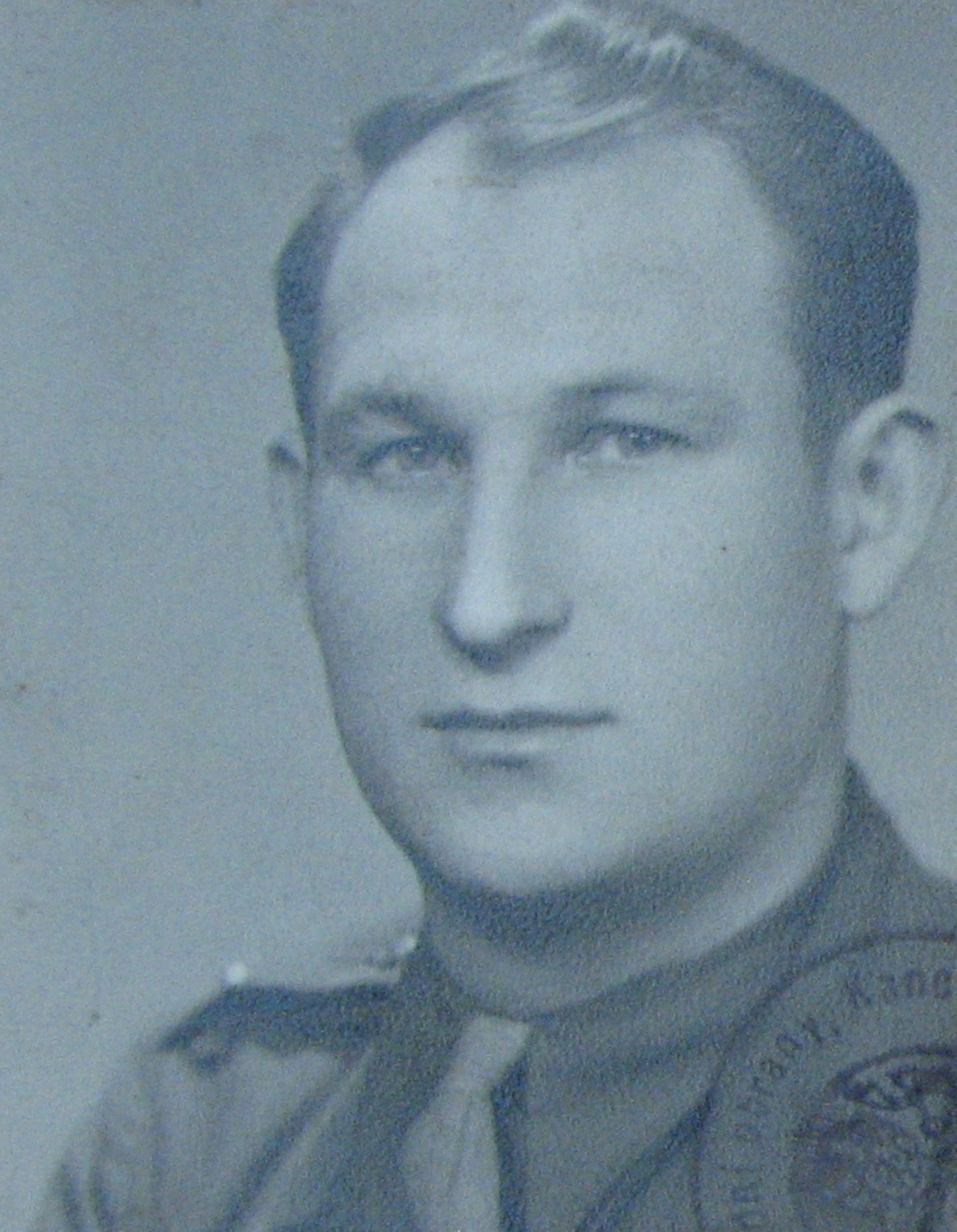There was nothing more than patriotism for us

Stáhnout obrázek
Josef Ondrýsek was born on March 1, 1920 in Lutín. He became an apprentice of a mechanical locksmith and a toolmaker in Sigma Lutín. He recalls how poorly he was paid at the time, when all he earned could only cover the expenses for his food and clothes. In his later years at the school, the political atmosphere was becoming more and more tense. For example in Olomouc, political manifestations were held against Hitler and chanting support to Stalin. During the war, he already worked in one of the Sigma factories that provided important parts for machines and airplanes. In the beginning of the war, he mainly focused on delaying the reparations by exaggerating the damage of the machines in his reports. After the Nazi repressions followed by the assassination of Heydrich, he intensified his efforts by sabotaging the very production. They were intentionally creating defected goods. Also, they were smuggling some important parts outside the factory into a close vicarage in large boxes made for gas masks transport.Soon enough, he joined the armed resistance as well through a partisan group Rigitan. Along with two other independent groups, they operated in the area of Náměšť, Konice and Javoříčko in the Olomouc region. Besides assaulting German utility vans or trains, they also attacked a German military garrison. In this action, they killed two German officers and disarmed the whole troop. A key support was provided by local people who helped how they could - with food or even shelter. Often, they didn‘t even think about what consequences their actions might have. „There was nothing more than patriotism for us! Death or danger? We got into it as lions.“ As a revenge for the incessant partisan attacks, the Nazi troops burned the village of Javoříčko and killed all men older than 15 years, including the friends of Mr. Ondrýsek.Josef Ondrýsek himself, however, had a rather good experience with his German neighbors. He could cope with them on the same if not higher level as with the Czechs. Kurt Ludva, one of them, offered a gun to his brother, who refused it in order not to cause him any trouble. Nevertheless, they were all expulsed after the war. Mr. Ondrýsek oversaw one of the transfers himself as a soldier. After a man from Lutín went to the internment camp for Germans to abuse the women there, Mr. Ondrýsek ordered the whole transport to leave from the place. Until the end, there was no problem with the transferred Germans. After the end of the war and the transfers, he was elected a member of the Regional National Committee. In this position, he met Alexej Čepička in Přerov. For most of his life, he worked in the Agricultural Production Community. Only very reluctantly does he recall his disputes with the Communist party functionaries which made him go to work in the mines in the Karviná area. He doesn‘t like to think about his protests against the Soviet intervention in 1968 either. After 1990, he lost all his savings because of a bankruptcy of a saving bank. In the last couple of years, he is trying to work with the youth and tell them about his experiences. He is very much supported in this by his wife.










